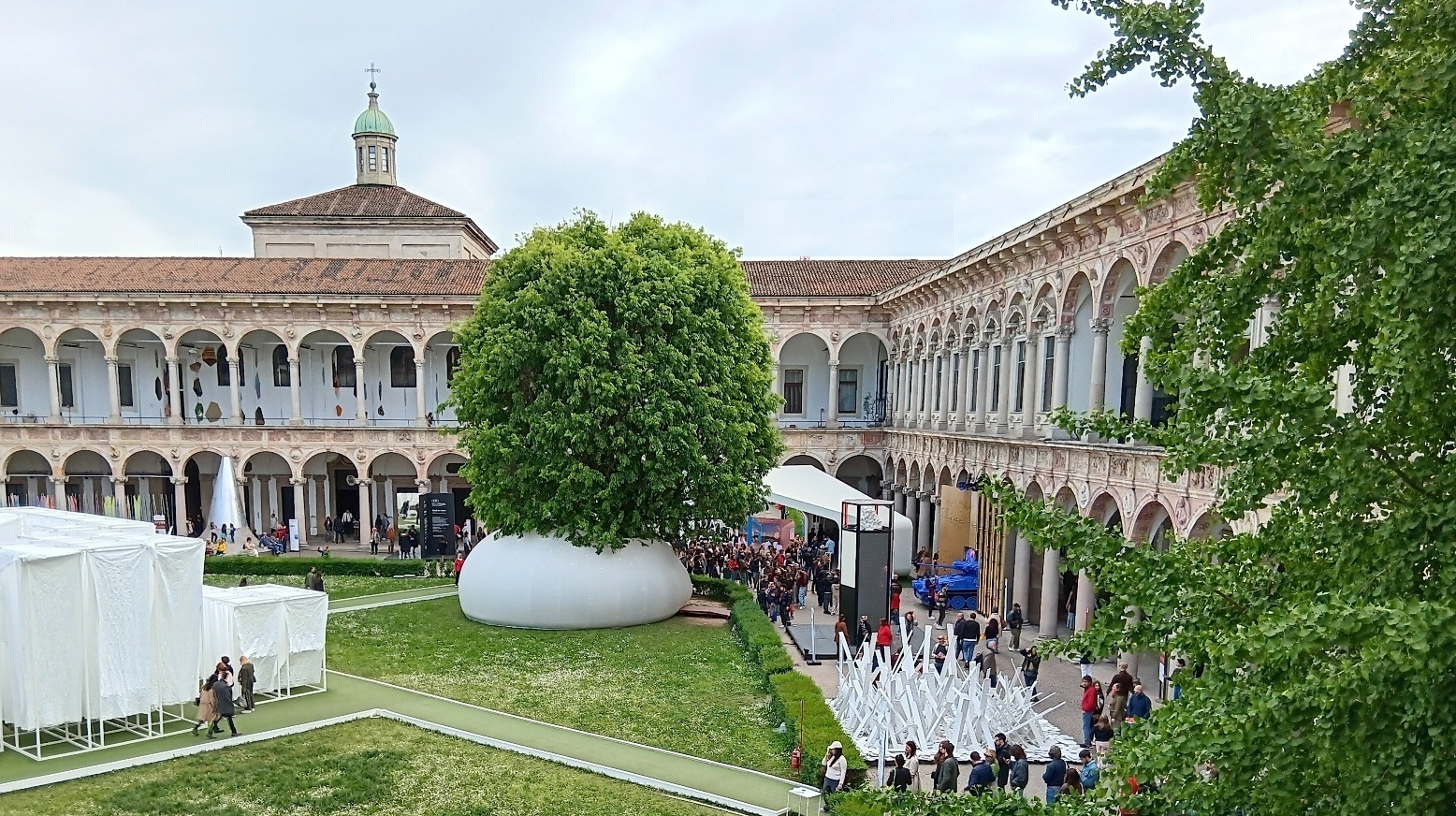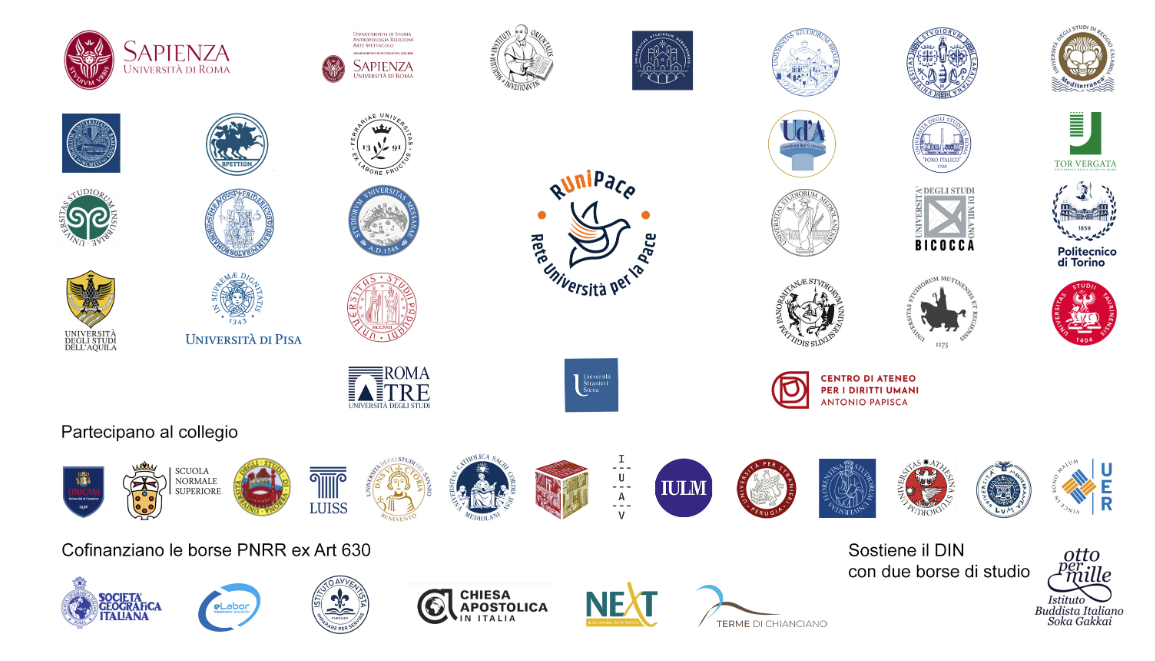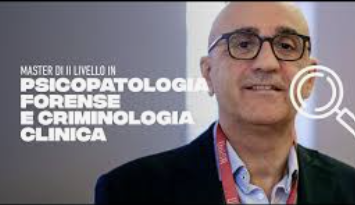
Studying Criminology at the University of Milan
The study of criminological subjects provides students with the tools to understand and critically analyze criminal phenomena in depth, including how they are socially represented, the mechanisms of social reaction, processes of criminalization, crime prevention, and control policies, institutions of social control, and concrete aspects of penal systems.
At the University of Milan, Criminology is a course within the Law degree program, aiming to provide:
- The epistemological, theoretical, and methodological foundations of the main criminological debates in Italy and internationally.
- The skills necessary for a critical understanding and interpretation of the “criminal question”, the penal system, and criminal policy. The Criminology course can also be chosen as an elective exam by students from other degree programs and is available as a single course for those interested. For more information on the Criminology course, click here.
To deepen criminological knowledge and participate in an innovative learning experience in a prison setting, Criminology of Encounter is a selective, limited-enrollment course held at Opera Prison. It brings together mixed classes of students and inmates, exploring the concept of encounter from interconnected perspectives: theoretical (encounter(s) as a criminological issue), methodological (encounter as a research methodology), and educational (encounter as a learning approach). Through dialogue on personal experiences, discussions of collective narratives, and classroom debates on criminological research findings, the course fosters the co-construction of shared criminological knowledge. This knowledge emerges from the interaction of individuals with diverse backgrounds, experiences, and perspectives. The teaching approach, based on dialogue, discussion, and reflection, aims not only to provide a hands-on criminological learning experience but also to enhance interpersonal skills within complex institutional settings. For more information on the Criminology of Encounter course, click here.
The Restorative Justice (Legal Clinic) course delves into a field of study and practice that is driving a profound transformation in the criminal justice system—one in which criminological knowledge has played a central role since its inception. The course covers the theoretical, legal, and practical aspects of restorative justice and, adopting the learning-by-doing approach typical of legal clinics, actively involves students in mediation experiences and restorative justice projects. Through lectures, case studies, and role-playing exercises conducted in collaboration with restorative justice experts and mediators, the course provides an epistemological, legal, and methodological understanding of the restorative justice paradigm. For more information on the Restorative Justice (Legal Clinic) course, click here.
 Lecturer:
Lecturer: 


